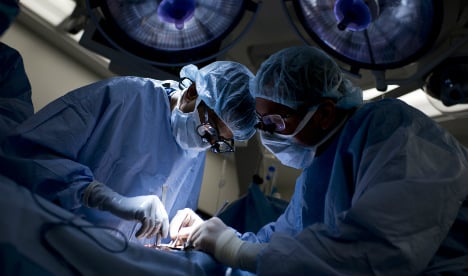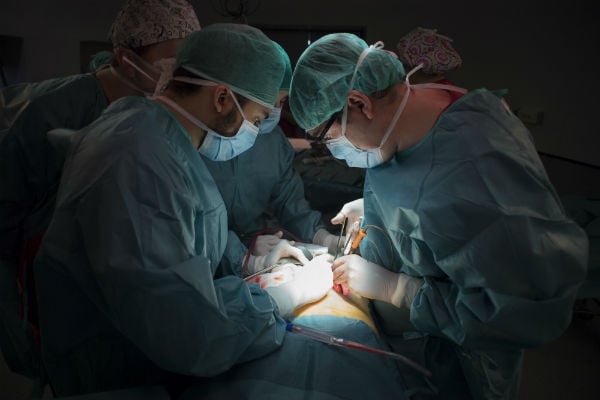A total of 4,818 organ transplants were carried out in Spain during 2016, beating the record of 4,769 from the year before, according to data published by the National Transplant Organization (ONT)..
Of these, 2,994 were kidney, 1,159 were liver, 281 were hearts, 307 were lungs, 73 were pancreas and four were intestines.
It means that Spain saw 43.4 individual donors per million people (pmp) in 2016, an increase from 39.7 pmp in 2015 and 36 pmp in 2014, “much higher” than the EU average (19.6) and the US average (26.6) according to stats published by Spain’s Health Ministry.
Spain has maintained its gold standard in organ donation despite deep austerity cuts which saw public spending on health slashed during the economic crisis years.
According to a paper published in January’s American Journal of Transplantation, Spain is a model from which other countries have a lot to learn.
The creation in 1989 of the ONT by the Health Ministry meant that one body has been responsible for overseeing and coordinating donation and transplant policies across the regions and more than doubled the number of organ donations within a decade of its creation.
The Spanish model also relies on the designation of appropriate professionals (mostly intensive care doctors) to ensure donations are quick to happen when a patient dies in conditions that allow organ donation.

A nurse prepares a patient for a renal transplantation at La Paz hospital in Madrid. Photo: Pierre-Philippe Marcou / AFP
Professionals supported in their work by ONT and regional coordination offices are also trained to identify donation opportunities outside of intensive care units, in emergency departments and hospital wards.
While some nations cap the age at which donors qualify, Spain considers organ donation from those over the age of 65 years – and in fact ten percent of organ donors in Spain are over 80 years-old.
Furthermore, Spain considers donation after circulatory death, in which circulation, heartbeat, and breathing have stopped (as opposed to brain death, in which all the functions of the brain have stopped), even in the setting when death follows a sudden cardiac arrest in the street.
Lead author Rafael Matesanz, MD, PhD, who is the director of ONT, highlighted that “good organization in the process of deceased donation and continuous adaptations of the system to changes are always the basis of successful results in organ donation”.
Most importantly Spain operates an “opt-out” system in which all citizens are automatically registered for organ donation unless they choose to state otherwise, a measure that was adopted in France on January 1st.“
The most important success is that the system has made organ donation be routinely considered when a patient dies, regardless of the circumstances of death,” said ONT's Beatriz Domínguez-Gil, MD, PhD, co-author of the article highlighting the Spanish Model's impact.
The European Union has highlighted the lack of organs for transplant and the increasing number of patients on waiting lists worldwide.
Its figures claim that in 2014, 86,000 people were waiting for organ donations in EU states, Norway and Turkey, and 16 people were dying every day while waiting for a transplant.
In Spain the number of those on the waiting list was reduced to 5,477 in 2016 from 5,673.





 Please whitelist us to continue reading.
Please whitelist us to continue reading.